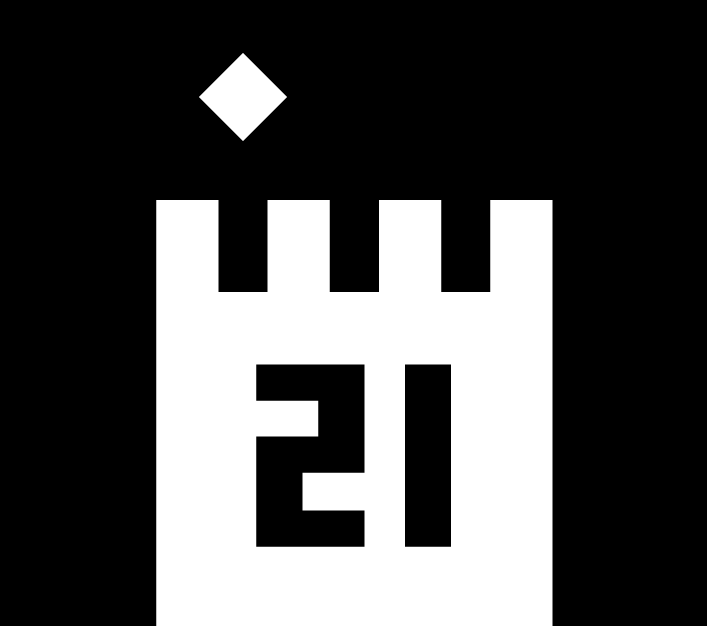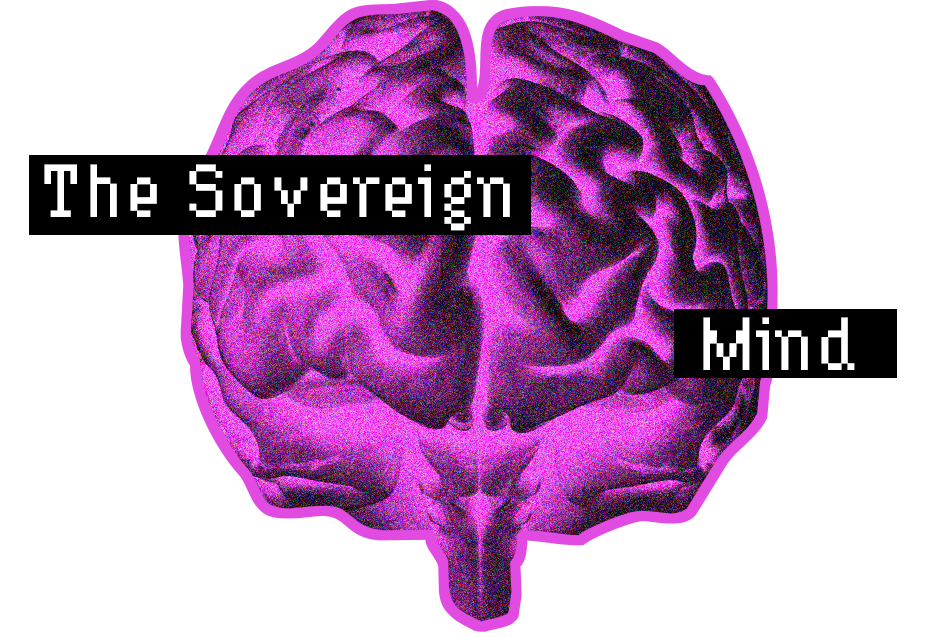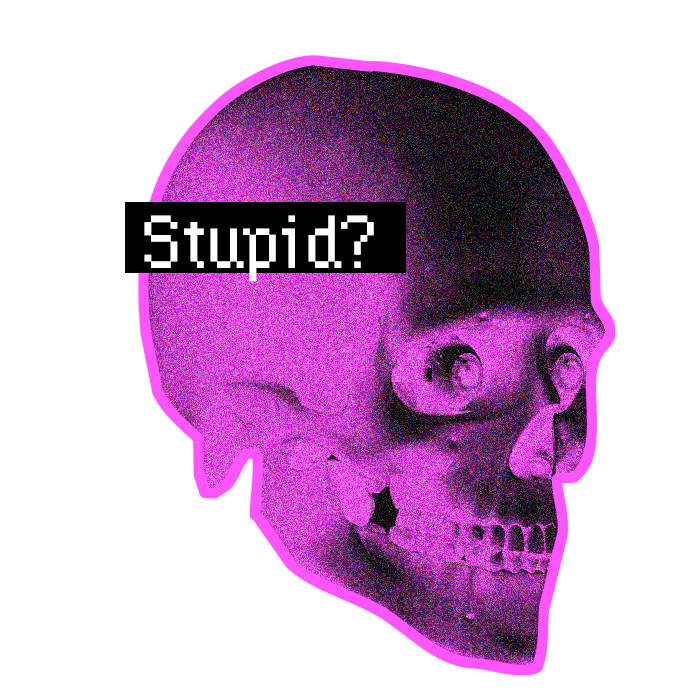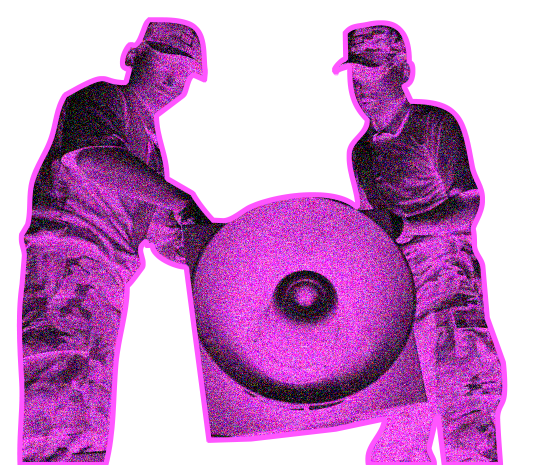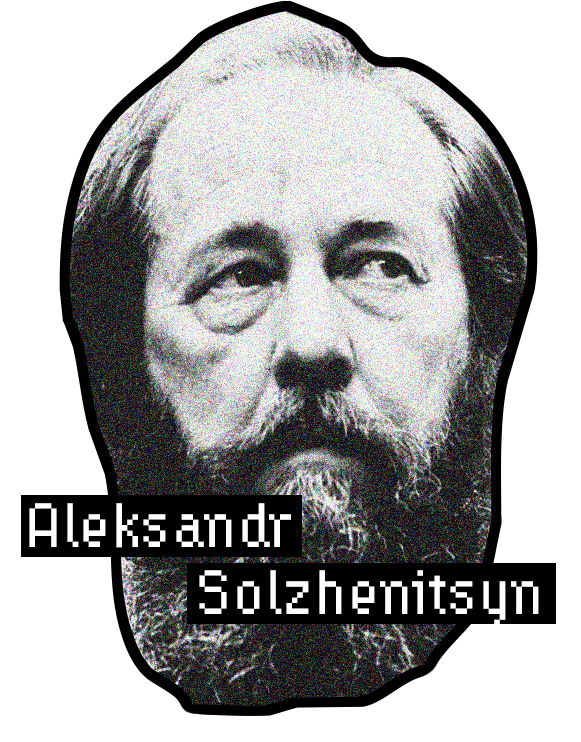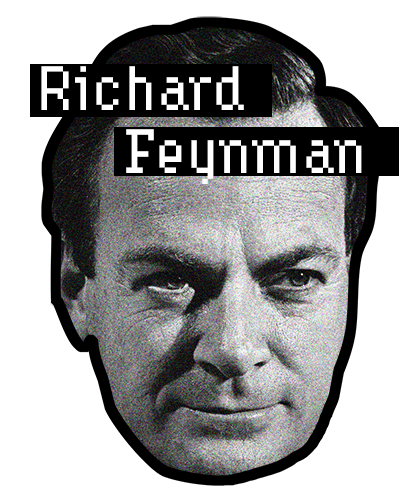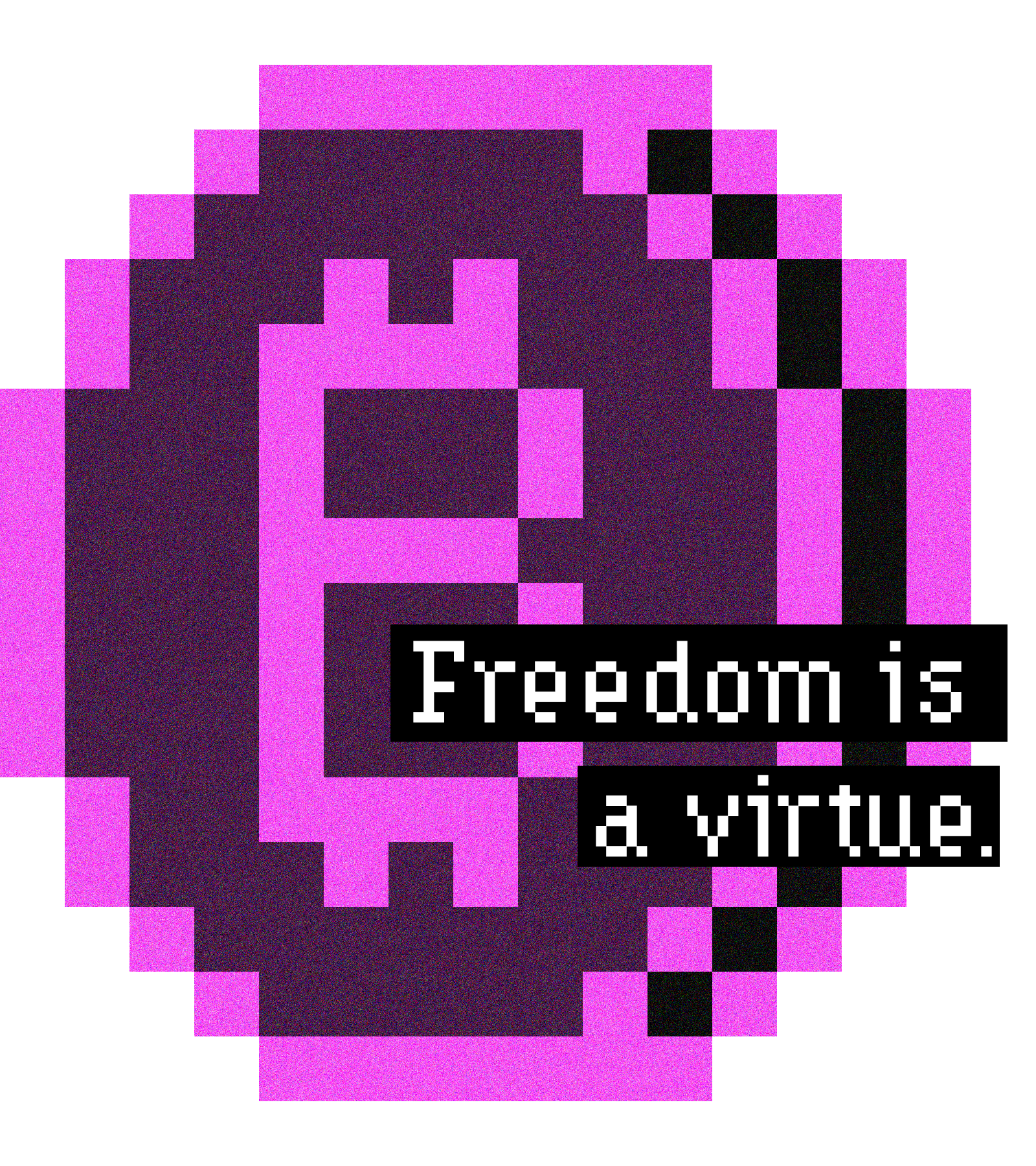The Sovereign Mind
by John Holler | July 21st, 2021 | vol.12
Your ability and willingness to think is an existential threat to many powerful institutions, and they have taken notice.
This past year has been a hell of a ride. It’s been stressful, scary, and shocking, yet at every turn the redeeming force of humanity has shown through in the form of neighbors helping one another, old friends reconnecting over social media, and all those COVID babies — including one of our own.
It’s also been a year of revelations. We learn very little from observing a system at rest without pressure being exerted upon it. But a time of crisis is a rare opportunity to glimpse the true nature of individuals, of institutions, and of social phenomena. It’s an opportunity to test your own hypotheses about how the world works and revise them if necessary. In other words, it’s been an opportunity to learn.
I had a lot of preconceived notions that were shattered in 2020. I didn’t think COVID would do to us what it did. I didn’t think we could shut down the economy, laying off millions, and simultaneously watch the stock market and housing markets continue to soar. I didn’t think that our public health authorities would do complete 180’s on things like asymptomatic spread and face masks. I didn’t think that Texas — one of the most energy-rich places in the world — could be crippled by a days-long, state-wide power outage in the winter.
But I was wrong on all these accounts and plenty of others.
The important thing is to learn from these mistakes, and in general to remember to avoid epistemic arrogance — to remember that our understanding of reality is never complete and often wrong.Look How Stupid You Are
A naïve interpretation is that we flawed human beings are just too stupid to rely on our own powers of observation, analysis, and prediction; and instead we should allow Experts to do our thinking for us. Rather than having 7.5 billion people come to their own independent and mostly wrong conclusions, we ought to enlist highly educated and accomplished people to bring their expertise to bear on the matter at hand, advise us on the correct course of action, and impose that advice using government force. On the surface, this is the optimal solution.
You don’t do your own brain surgery. So why would you do your own science, economics, epidemiology, or political analysis, when there are highly trained experts who have far more knowledge, tools, and experience than you do, and are much more likely to get it right than you are? Epistemic arrogance should be avoided, and what could be more arrogant than thinking you know better than a Nobel Laureate?
Indeed, there is some truth to this. Last March, the voices of those who had spent their whole careers studying the spread of infectious disease and respiratory illness were drowned out in a sea of Armchair Epidemiologists who quickly adopted terms like “asymptomatic spread” and “R zero” to teach epidemiology to their friends and family. This was a chaotic time, with thousands of narratives tumbling through our social networks and competing with one another. What if the wrong narrative had spontaneously taken hold, leading to a mass psychosis? This lack of control induces anxiety in people who believe that even the most complex systems can and should be controlled by designated rulers.
The idea of allowing unfettered deliberation in an open network — allowing every voice to propose ideas and to criticize and debate those ideas in circulation — and resisting the temptation to impose censorship may seem reckless, until you consider the inevitable consequences of the alternative.Open vs. Closed Networks
The alternative to an open network is a closed network, where access is privileged and information is filtered. Media Outlets are closed networks engaged in the processing of information. They distill the world’s information into Facts that their consumers can know and share without having to think too hard. Media outlets, being closed networks, will take great care in protecting their Facts — a newspaper might fire, demote, or harass a reporter for undermining the validity of a perfectly good Fact; a news station might run a hit piece on an outsider whose ideas compete with their Facts; or a social media company might censor or suppress challenges to the Facts.
Open networks outperform closed networks, for two reasons.
First, by virtue of its limited participation, a closed network has a much lower capacity to process information. A network of, say, 10,000,000 people collaborating will process far more information than a closed network of 100 experts, even if those experts are more productive. The counter-argument to this is that allowing open access will bring too much noise to the system — the uninformed, irrational, or dishonest participants will drown out those with valuable contributions. But an open network has a built-in control for this, which is that every argument is subject to open attack, and thus only those arguments strong enough to withstand attack will prevail. It is through this feedback loop that the signal rises above the noise. On the other hand, a closed network has no feedback loop at all. If a Media Outlet happens to make an error, a defective Fact is produced and is unchallenged. If reality presents an inconvenient challenge to that Fact, the Media Outlet can conjure up an explanation, or it can retroactively change its reporting to cover its tracks (like this, or this).
The second problem with a closed network is its vulnerability to corruption. Since a free and open network contains an infinite feedback loop, propagating misinformation requires an indefinitely long and exhausting campaign. So long as people are free to challenge your argument, you must continue defending it, and defending a false argument against legitimate criticism requires a lot of energy — it is far easier to summon some authority to silence your opponent, which is what closed networks do. A closed network can simply decree that a Fact is beyond question— for example, YouTube declaring that no nobody shall challenge the opinions of the World Health Organization. This is made possible by concentrating power into the hands of authorities.
And this concentration of power is how a closed network is inevitably corrupted into an organ of propaganda. This can happen by some external force (a foreign intelligence agency infiltrating the ranks, or a corporation or industry group that buys advertisements); but it doesn’t need to — If we know that power corrupts, then we can infer that the network is corrupt as soon as it vests power in some privileged authority.
Closed networks are corrupt by design.
As such, it’s no surprise that every successful and devastating misinformation campaign in history has been facilitated by these authoritarian information systems. These include pushing every misguided war, including the still-ongoing war on drugs, covering up genocides, praising Hitler, downplaying the toxic effects of sugar, and promoting eugenics, among plenty of others.
The human toll of these defective Facts is incalculably high. Hundreds of millions have been sent to early graves, and millions still needlessly suffer today from the fallout of many of these. To be clear, this is not some conspiracy theory about news executives getting together in a smoke-filled room and plotting the world’s destruction. Rather, it’s an indictment of the system’s design flaw — closed networks produce misinformation by design, and that misinformation has an enormous cost.
Yet, there are many who advocate against open networks and free speech on the grounds that they are “unsafe”. They point to the monsters peddling quackery, making the argument that bad people must be censored. Aside from ignoring the murderous track record of the alternative, this argument contains a foundational flaw: We do not live in a world of “good people and bad people”, but one where every individual must struggle between good and evil.
“…The line separating good and evil passes not through states, nor between classes, nor between political parties either — but right through every human heart — and through all human hearts.”
An open network recognizes this truth. Every participant is known to be flawed. Some are completely dishonest or irrational and may mislead people to harm themselves or others. But this danger is not extinguished by granting special privileges to certain flawed human beings as arbiters of truth. Instead, closed networks allow falsehoods to be forged into Facts beyond question, bringing about deadly consequences.
It’s no surprise that our legacy media outlets are dying at the hands of more open alternatives. Why would you want to watch Bernie Sanders on Jimmy Kimmel or 60 Minutes, jammed into a short segment, edited for content, and brought to you by corporate interests, when you can hear him in an uninterrupted hour-long interview on a podcast brought to you by a human being? Why would you want to see CNN’s paraphrasing of the latest stimulus bill, or the Wall Street Journal’s summary of the Fed’s recent press release, when you can go and read the actual bill or press release yourself? These legacy outlets used to be a necessary evil — they were needed to disseminate information because there was no other way. But today these closed networks offer no benefit to anyone with internet access and the ability to reason. As such, your ability to reason and your willingness to use it is a direct threat to powerful institutions. And so we turn to their attempt to corrupt science.
Science and Fiat Science
We owe much of our modern existence to science. Without it, we would still be living in the dark ages, forced to live under the un-scientific edicts of clergymen, who enjoyed an unchecked monopoly on information (i.e. a closed network). We all know the story of Galileo disproving the Church’s position that the sun revolved around the Earth. Alas, he was not awarded a Nobel prize for doing science, but instead sentenced to a lifetime of house arrest for promoting heresy. This ignorance — of rejecting reason in favor of authority — oppressed humanity for centuries, until science set us free.
Science is revolutionary because it cares only about the integrity of the observations, not about who is performing them. As soon as a hypothesis is disproved, it must be revised or abandoned. This iterative process produces a robust hypothesis that gets ever-closer to the truth — to reality. The work done to produce the most impressive theories — say, the theory of relativity or the theory of DNA — has taken thousands of years, spanning generations, and entailing the amount of work and ingenuity required to build the Pyramids 1000x over, and to that end such theories are unrivaled monuments of human achievement. Science is a breathtaking force of human advancement and liberation.
Before this liberation, in Galileo’s time, authorities fought science by calling it heresy. Since this liberation, authorities have continued to wage war on science by corrupting it into something they can control. This is what we call Fiat Science.
Unlike real Science, Fiat Science is exempt from challenge. It is highly exclusive, only allowing participation from qualified individuals. Its hypotheses can be disproved dozens of times and remain valid, so long as the confounding evidence can be deemed “not credible” because it didn’t originate from inside the closed network. A common tactic is to dismiss such evidence on the grounds of an insufficient sampling technique, as though observing a single black swan weren’t a large enough sample to shatter the hypothesis that all swans are white. To provide a veneer of credibility without subjecting itself to authentic rigor, Fiat Science is subject to a phony peer review process whereby its peddlers rubber-stamp each other’s work, so long as those works are consistent with the prevailing narratives. Science builds over generations of hard work and careful observation, and even then its hypotheses are understood to be tentative, while Fiat Science can be developed overnight by a small group of people conducting a study or building a model, and its conclusions are almost always interpreted as Final (even if they continue being revised).
In Science, the real world prevails over a false hypothesis. In Fiat Science, it’s the other way around. Those people who mindlessly claim to “believe in science” are unwittingly referring to Fiat Science. Why? Because real Science requires no belief — its conclusions are subject to a rigorous, openly adversarial environment where, in the end, only truth can prevail. It is Fiat Science that commands a tremendous act of faith — those who participate must deny the very world around them in favor of a fantastic delusion. Thus, those who “believe in science” are unwittingly participating in the most pathetic form of religion imaginable. They are not seeking truth but running away from it. They do not love science; they despise it.
On the other hand, to truly love science means to love doubt, to love critical thinking, to love experimentation, to welcome participation from everyone, to be open-minded, to be curious, and to seek truth without compromise, prejudice, or fear.
“Learn from science that you must doubt the experts. As a matter of fact, I can also define science another way: Science is the belief in the ignorance of experts. When someone says science teaches us such and such, he is using the word incorrectly. Science doesn’t teach it; experience teaches it. If they say to you science has shown such and such, you might ask, “How does science show it — how did the scientists find out — how, what, where?” Not science has shown, but this experiment, this effect, has shown. And you have as much right as anyone else, upon hearing about the experiments (but we must listen to all the evidence), to judge whether a reusable conclusion has been arrived at.”
Ignorance, Anxiety, and War
A common interest among the many institutions wielding Fiat Science is that they wish to ensure your dependence on their dictates, in turn shoring up their relevance and survival. They’ll relieve you of the burden of thinking and all you have to give them in exchange is your obedience. This may seem like a form of slavery, like a terrible bargain that no free person would ever accept. Yet, if people are first induced into a state of heightened fear and anxiety, they will seek relief at almost any price.
As such, it’s in the interest of these institutions to make you fearful and anxious. They’ll convince you that it’s your responsibility to stay “informed” of their propaganda, warning you of the next terrorist attack, COVID variant, energy shortage, or some other potentially world-ending crisis that can be avoided so long as you suspend your disbelief and surrender a little bit more of your freedom.
A time-tested approach to instilling continual fear and anxiety in citizens is to engage in wars that do not end. These include nebulous wars like the “War on Terror”, “War on Drugs”, “War on Poverty” and the coming “War on Climate Change”. Such wars can be continued indefinitely because they fight an invisible enemy that cannot be captured or made to surrender. Indeed, it’s questionable whether such an effort could even be called a war. But that doesn’t stop authorities from embarking on these campaigns and demanding your continued sacrifice for their sake. This brings to mind Orwell’s 1984, where the state is constantly at war with some interchangeable enemy.
“In accordance to the principles of doublethink, it does not matter if the war is not real, or when it is, that victory is not possible. The war is not meant to be won. It is meant to be continuous. The essential act of modern warfare is the destruction of the produce of human labour. A hierarchical society is only possible on the basis of poverty and ignorance. In principle, the war effort is always planned to keep society on the brink of starvation. The war is waged by the ruling group against its own subjects, and its object is not victory over Eurasia or Eastasia, but to keep the very structure of society intact.”
Tune it Out
Legacy media shriek ever-louder about the dangers of you thinking for yourself because they are continuing to lose their grip. Curious people eventually realize that these media outlets are the organs of corrupt governments, and that the best course of action is to ignore them. I’ve been doing this for several years and I feel more vindicated every time I inadvertently see a so-called news article.
So how do I expect to stay informed? I use open networks — I follow people who don’t BS, and I don’t pay attention to any government- or corporate-funded media, unless it’s to mock or ridicule it. I read blogs and listen to podcasts, and I talk to other humans in the real world directly to see what they’re interested in. This works for me, and even if it didn’t, I would still be far better off without the propaganda machines taking up my limited time and energy. The very question at the top of this paragraph presumes that these media outlets inform their consumers, whereas in reality they manipulate them.
A Choice
Despite the wishes of those attempting to rule us, we are still free to think for ourselves. We don’t have to let them dictate our concerns to us, we don’t have to use their closed networks, we don’t have to accept their Fiat Science, and we don’t have to participate in their counterfeit wars. But we do have to do one thing, which is to make a conscious choice:
Do I wish to be free, or not?
What About Bitcoin?
This essay could’ve been a response to “Tell me you’re a Bitcoiner without telling me you’re a Bitcoiner”. I must confess, it was originally written for my personal blog, where many of my (few) readers are not Bitcoiners. But the connection to Bitcoin is immediate and undeniable.
The Sovereign Mind and Bitcoin are two manifestations of the same foundational truth: that freedom is a virtue.
One with a Sovereign Mind understands the tyranny of closed networks, including the most tyrannical closed network in human history – our fiat monetary system, where central authority is maintained by violence, theft, and deception. To voluntarily participate in such an evil network is a violation of one’s own conscience. As such, everyone with the ability and willingness to think will eventually embrace Bitcoin.
This connection between Bitcoin and the Sovereign Mind is two-directional. Owning Bitcoin is opting out of the forced collectivization of property rights that’s been imposed by fiat money, and opting in to humanity’s first and only purely self-sovereign property right. This leads to a discovery of the importance of sovereignty, the evil of coercion, and the prevalence of deception; which inevitably leads to the insistence that one must think for one’s self at all cost. Thus, with the rise of Bitcoin, we are witnessing the rise of the Sovereign Mind.
Bullish bitcoin. Bullish freedom. Bullish humanity.
Thanks for reading.
John and his wife, Kathryn, own and operate Holler Brewing Co, a low time-preference craft brewery in Houston, TX.
